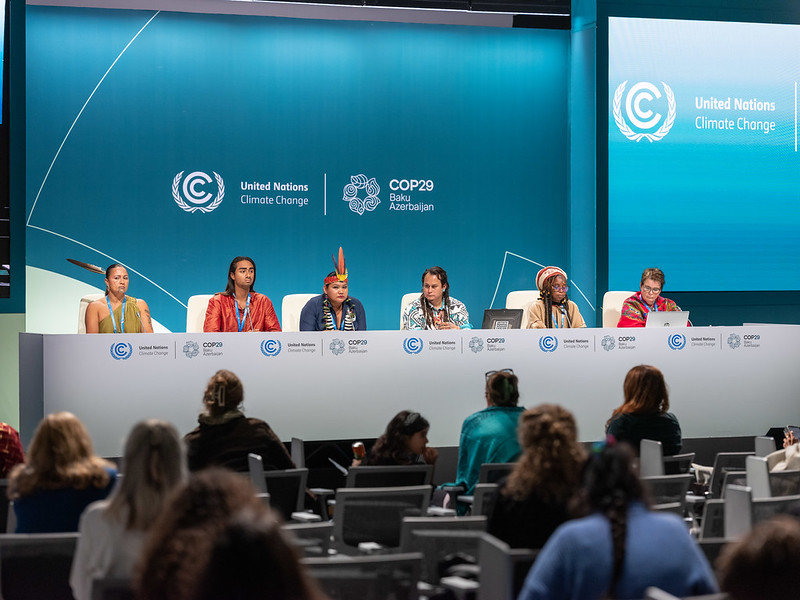So, the bargaining, posturing, brinkmanship and horse trading finally are over. The COP29 talks have reached an agreement, more than 24 hours after the conference was due to close. It may have resulted in a hasty and imperfect deal which has been bitterly criticised by campaigners who called it a betrayal, but there were some positive outcomes. Under the terms of the deal, industrialised countries will provide more money to help the developing world shift to a low carbon economy. And, after years of failed attempts, a global framework for international carbon trading has also been finalised.
The conference was fraught with difficulties. To begin with it was held in Azerbaijan, a country with a highly questionable human rights record which depends heavily on oil for its economic prosperity. When the president of the talks, the Azerbaijani President Ilham Aliyev, described oil and gas as a ‘gift from God’ in his opening address, it provoked international outrage. The fact that fossil fuel deals were later concluded behind the scenes added to the clamour.
It was always going to be difficult for 190 countries to reach a consensus. There were some 67,000 delegates at the conference, including 1700 lobbyists from the oil industry. Some delegations walked out during the talks only to return later. Others voiced dissent or were involved in diplomatic spats. Saudi Arabia attempted, but failed, to reverse the commitment made at COP28 to ‘transition away from fossil fuels’. With every country trying to champion its own rights, finding common ground was never going to be easy.
Few heads of state attended the talks. The leaders of the world’s three biggest emitters – China, the US and India – all stayed away. The news that Donald Trump had been re-elected as US president cast a huge shadow over the proceedings; an avowed climate change sceptic, he has stated his intention to withdraw the US from the Paris Agreement – the internationally binding treaty to limit global warming – for a second time. On a more positive note, Keir Stammer not only attended the talks but announced his ambition for the UK to reduce carbon emissions by 2035 by 81% compared with 1990 levels. Addressing the conference, he declared that climate security is essential to national and global security. Similar views were expressed by Antonio Guterres, the Head of the United Nations, who said that climate change finance was not ‘charity’ or a ‘handout’ but a down payment on a more prosperous future.
At the end of day, the negotiators at COP29 eked out a deal which moves the world forward. The long-standing goal of shifting $100 billion of climate change finance to developing countries was tripled to $300 billion. This is a long way short of the target of $1.3tn which was originally proposed but nevertheless an important down payment on a more secure future. Whether the COP process is fit for purpose remains an open question but it is only mechanism through which world leaders can reach a consensus on climate action.
Some years ago, the environmental activist, Greta Thunberg, made the point that doing nothing is not an option. The question is whether doing too little too late is that much better.
By Dr Stephen Scoffham, Visiting Reader in Sustainability and Education
Featured image of the panel on the Final Negotiations day of COP 29, 22 November.
 Sustainability
Sustainability Bethany Climpson
Bethany Climpson 627
627


